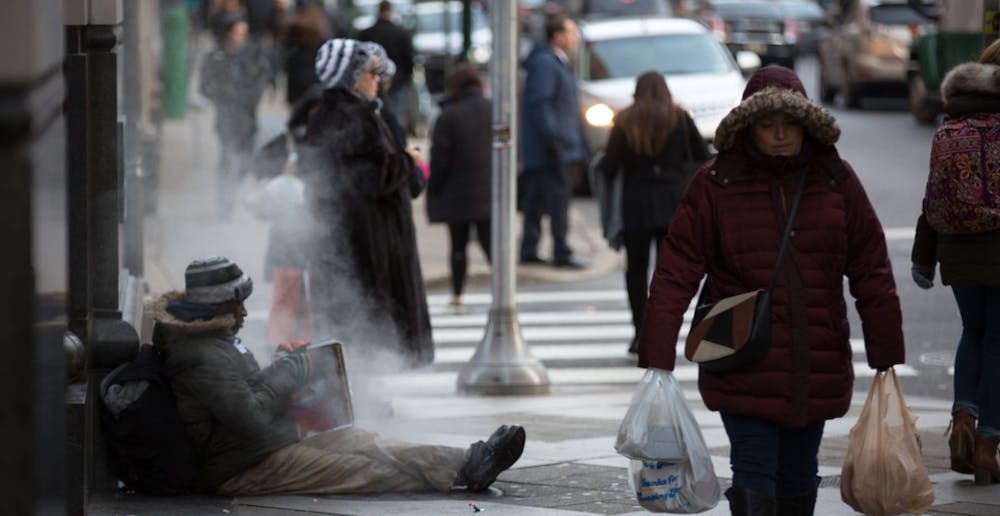“Homelessness is tiring and exhausting, figuring out where I’m going to be the next day. Last week, I was crying because I didn’t know where we were going. We had no options,” says Paige. She was 9 years old when her house was foreclosed. She is 18 now. It was 10 years ago, and to this day, Paige is still houseless.
Especially for low-income people in America, housing can be far from affordable. There are 44 million people below the poverty line in America, and 582,000 people are experiencing homelessness. 75% of low-income people are paying more than half of their income on rent. And if they’re paying more than half of their income on rent, they won’t have enough to pay for food, transportation, and things for them to survive.
One of the main issues for low-income people is transportation.
Getting a public transportation card in the city costs money. If you have a car, you have to pay for gas and maintenance, all of which are extremely expensive. With gas prices increasing, having to pay for it on top of your mortgage or rent can make you struggle with buying food or other things.
From a first-hand perspective, Paige agreed with this statement, writing, “I have to stay at my coworker’s for days at a time so I don’t miss work. With me not having a car right now, I have to pack my clothes, take my work bag, my overnight bag, and my school bag to school.”
The federal minimum wage is paying $7.25. Workers need over $20 to afford a typical 2-bedroom apartment. At minimum wage, they need 3 full-time jobs to afford housing.
Currently, the government is providing 25% of eligible families struggling with affordable housing. For 15 years, the government has not increased federal housing assistance, but the number of people trying to rent houses has been increasing.
The government should expand more federal agencies and administer more grants and loans. The federal government should increase minimum wage to at least $20. The federal government could increase it a small amount every year.
Enjoy what you're reading?
Signup for our newsletter
They should do this because small businesses wouldn’t be able to afford big increases at once for expenses for wages.This increase will help people with being able to afford housing, food, and transportation, all of which should be basic human rights.
What if you were in Paige’s position? What would you fight for?
I would feel as if I’m not as important as other citizens. I would feel as if the government is not doing as much as they should be doing. I feel as a younger person, it’s a lot to handle being homeless, not being like other people, and trying not to compare yourself. I would find it hard to be in school and be homeless.
Knowing that you don’t have a home to go back to and knowing that you don’t know where you’re going to be living and if you’re going to be safe is stressful.
Fight for the people who can’t. Support low-income people by raising the minimum wage and making houses affordable.
Cameren Pennycooke is a rising freshman at Tech Freire Charter School. He is a 2023 intern at Civic Engagement Summer, a program at the Netter Center under the University of Pennsylvania.




